Reductions in English Grammar
Reductions are shortened versions of words or phrases used in informal speech. They often combine words, omit sounds, or use contractions to create a faster and more casual way of speaking.
Examples include “gonna” for “going to” and “wanna” for “want to.” While common in spoken language, these reductions are generally not considered appropriate in formal writing.
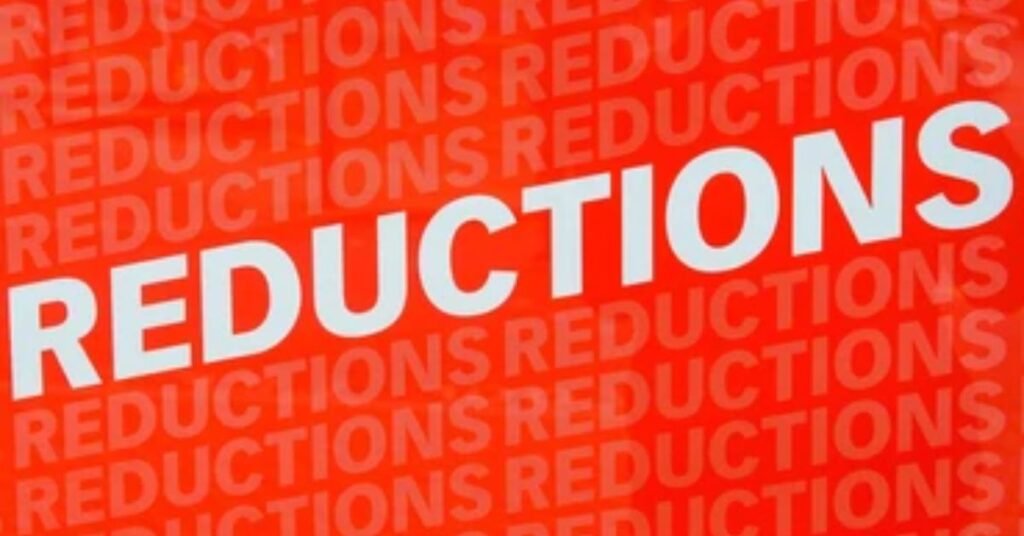
Let’s learn contractions.
Here, we will learn how to make reductions. In this section, we have to join word + me.
- Gimme __ Give me
Gimme a cup of water.
Gimme some money.
- Lemme __ Let me
Lemme show you something.
Lemme ask a question to you.
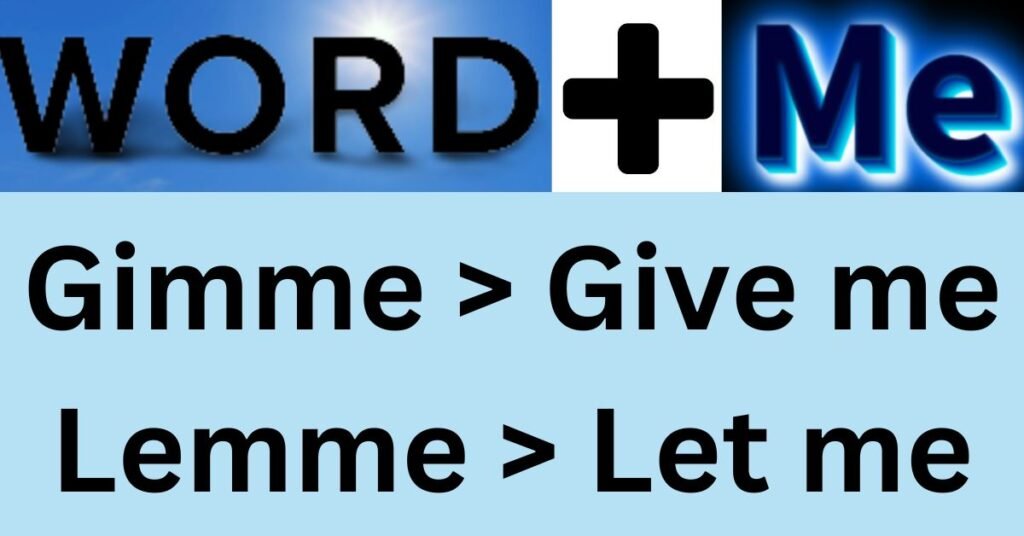
Here we will learn about the section What+is+word.
- What is up __ Wassup
Hello! Wassup?
- What is her __ Whatser
Whatser name again?
- What is his __ Whatsis
Whatsis number again?
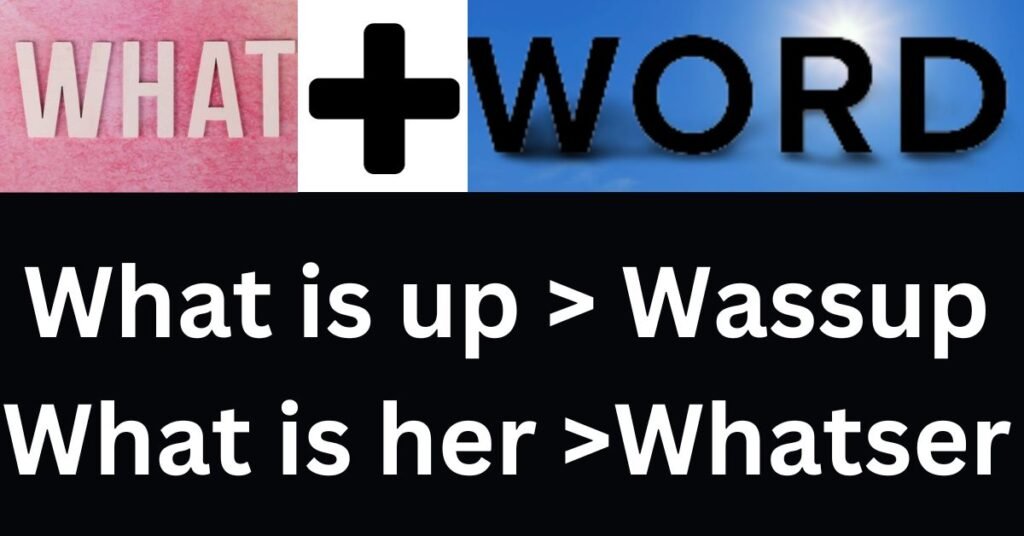
Here we will learn about the section word + have.
- Could have __ Coulda
I coulda finished my work on time.
- Might have __ Mighta
Mighta forgotten my keys.
- Must have __ Musta
Musta left their phone at home.
- Should have __ Shoulda
You shoulda studied more.
- Would have __ Woulda
Woulda called you if I knew you were free.
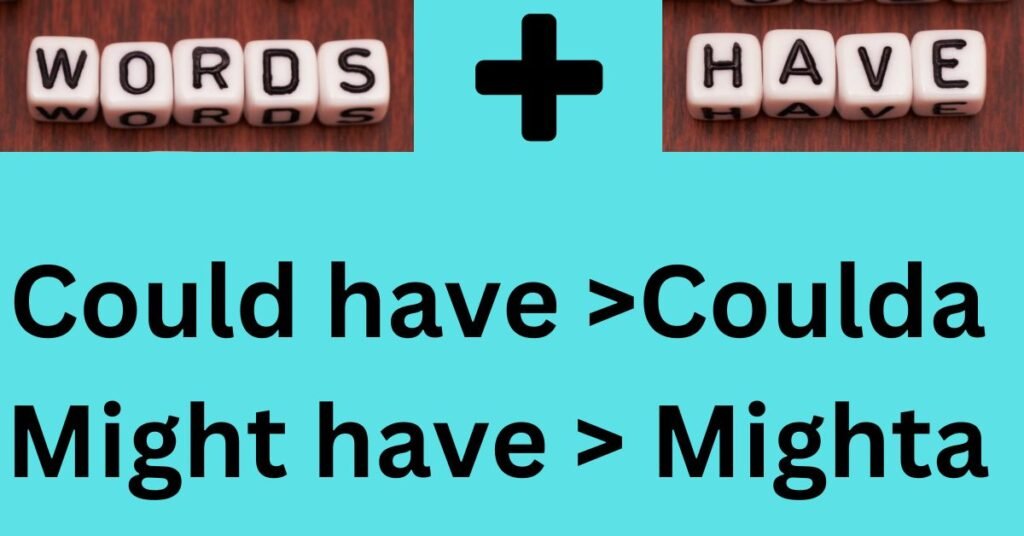
Here we will learn about the section word + to.
- Going + to __ Gonna
I’m going to the store.
- Got + to __ Gotta
I gotta finish this report.
- have + to __ hafta
We hafta study for the test.
- Has + to __ Hasta
She hasta water the plants.
- Want + to __ Wanna
Do you wanna play a game?
- Ought + to __ Oughta
You oughta apologize for your mistake.
Here we will learn about the section word + of.
- Kinds + of __ Kindsa
This movie is kind of boring, don’t you think?
- Lot + of __ Lotta
Do you have lotta work to do?
- Lots + of __ Lotsa
I have lotsa homework to finish tonight.
- Out + of __ Outta
We’re outta milk, need to pick some up at the store.
- Sort + of __ Sorta
I’m sorta tired, maybe I should take a nap.
- Type + of __ Typa
What type of music do you like to listen to?
- Front + of __ Frunna
I’m standing in frunna door.
Here we will learn about the section word + you.
- Don’t + you __ Dontcha
Don’tcha like pizza?
- Get + you __ Getcha
I’ll getcha a water bottle.
- See + you __ Seeya
Seeya later!
- Bet + you __ Betcha
I betcha didn’t know that.
- Got + you __ Gotcha
I gotcha hiding behind the door!
Let’s learn about some other reductions.
- How + do + you __ How’dya
How’dya like your coffee?
- How + did + you __ How’dja
How’dja do that?
- Did+ you __ Dja
Dja go to the gym today?
- What + are + you __ Whataya
Whataya doing?
- What + do + you __ Whadaya
Whadaya think you are doing?
- Want + you __ Wantcha
I wantcha in my office right now!
- What + did + you __ What’dja
What’dja think about the next session of the online class?
- What + do + you __ What’dya
What’dya think?
- When+ do+ you __ When’dya
When’dya finish writing your report?
- When+ did+ you __ When’dja
When’dja finish writing your letter?
- Where+ do + you __ Where’dya
Where’dya live nowadays?
- Where+ did + you __ Where’dja
Where’dja go out last night?
- Who+ do+ you __ Who’dya
Who’dya wants to see it?
- Who+ did + you __ Who’dja
Who’dja see you at the party?
- Why+ do+ you __ Why’dya
Why’dya go the Lahore?
- Why+ did + you __ Why’dja
Why’dja need money?
- Would+ you __ Wouldya
Wouldya like me to help you with something?
- Don’t + know __ Dunno
I dunno where is your pen.
Conclusion
Reductions in English grammar, also known as reduced speech, are a natural part of spoken English. They don’t necessarily signify a decline in the language, but rather a way for speakers to communicate more fluently. Understanding these shortcuts can help you comprehend native speakers better and sound more natural yourself in casual conversation. However, it’s important to be aware that reductions are generally not appropriate in formal writing.

This post is related to grammar learning. For grammar learning click the link and read the post “how to start grammar learning” in detail.
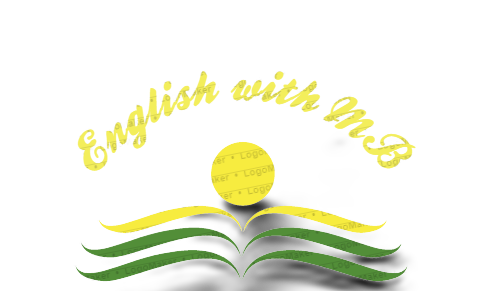
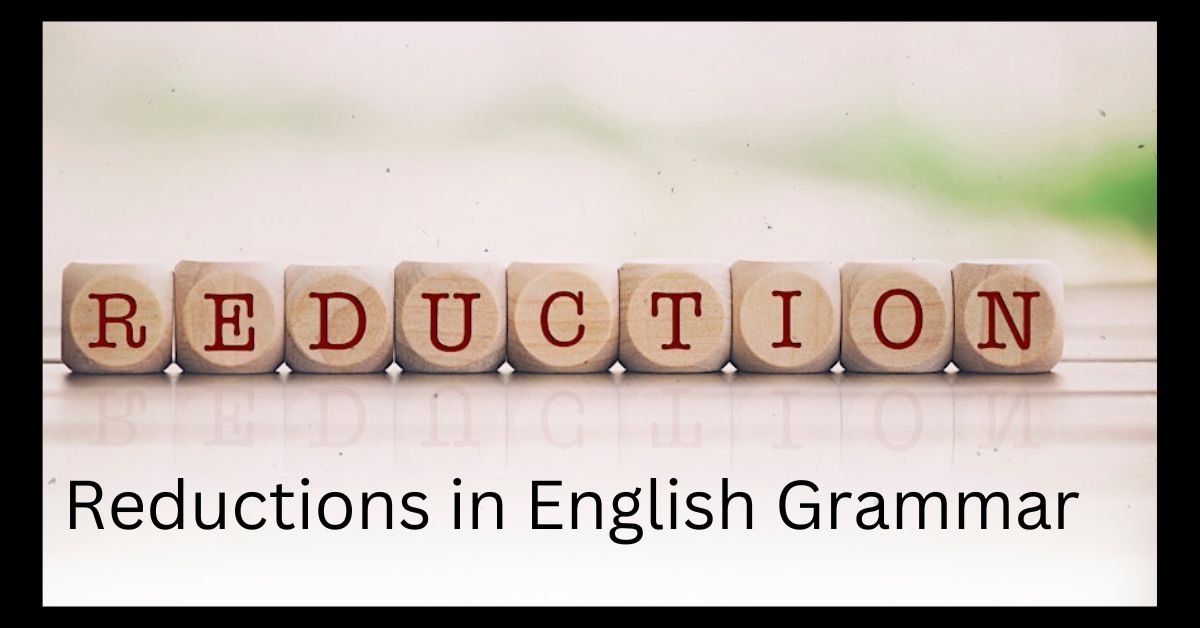
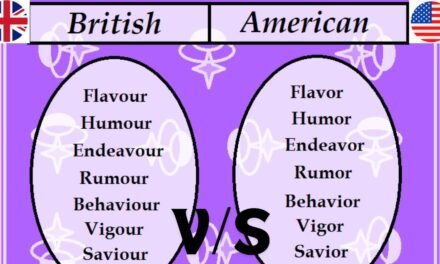
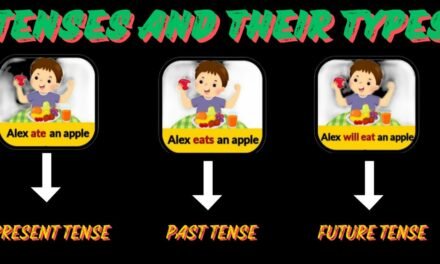
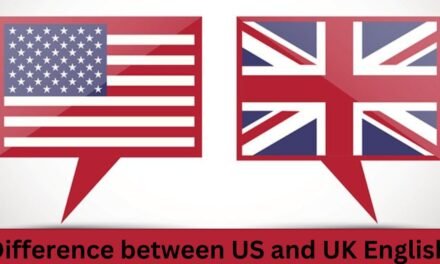
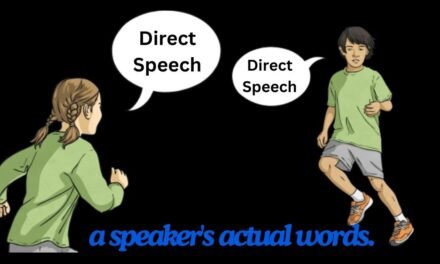

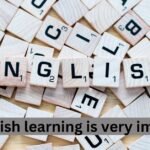
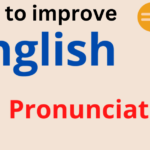
Recent comments